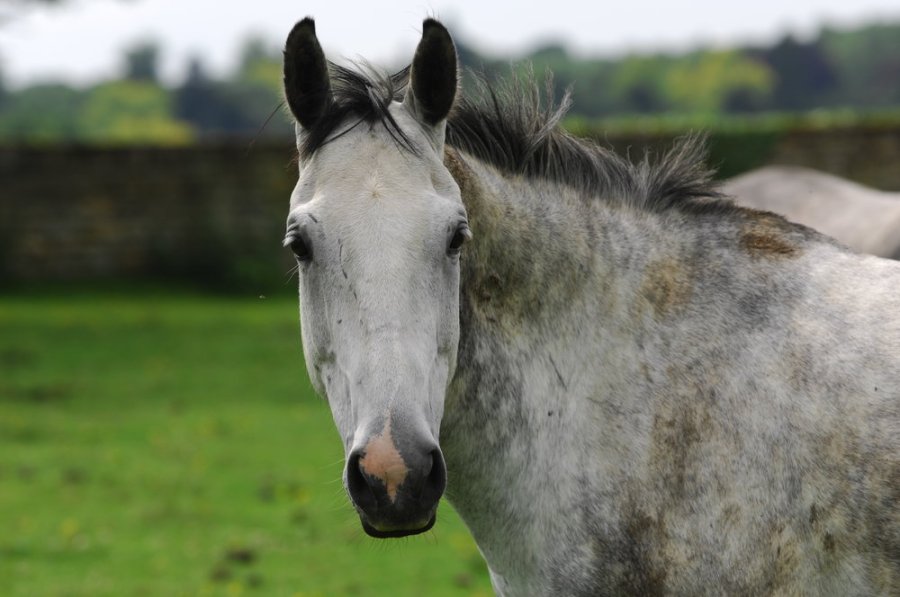This is always a difficult question and every situation is different, so it’s a good idea to arrange a visit from your vet to discuss it further if you’re concerned the time is near.
As a general rule, think of the things your horse or pony enjoys doing – for example, eating, rolling, going out to graze, and so on.
If it reaches a point where he can no longer comfortably do these things, it may be that his quality of life is starting to be affected.
Weight loss is a common issue with older horses, especially in winter, but as long as the horse is otherwise well and can regain weight during the summer months, then this may be manageable.
Weight loss that continues through summer, though, is always a cause for concern and you should definitely speak to your vet about this.
Losing mobility
A loss of mobility is probably the main reason that old horses require euthanasia. This often manifests as the horse being found struggling to rise in the field.
If you notice your horse becoming stiffer and less mobile, it’s worth chatting to your vet about trialling pain relief or osteoarthritic treatments, as these can make a significant difference.
Having tried such options can also make the final decision easier by offering peace of mind that all options to improve your horse’s quality of life in the latter stages have been explored.
These pain relief treatments can also form a useful way of evaluating pain levels by assessing their effect.
The kindest thing
Regardless of the situation, it is never an easy decision to let your beloved horse go, but realising this helps people understand that they wouldn’t even be considering it if the time wasn’t right.
Guilt is a common emotion for owners to feel when it comes to euthanasia, but remember it is always kinder to make a decision too early rather than too late.
Don’t miss the latest issue of Your Horse Magazine, jam-packed with training and veterinary advice, horse-care tips and the latest equestrian products available on shop shelves, on sale now.










